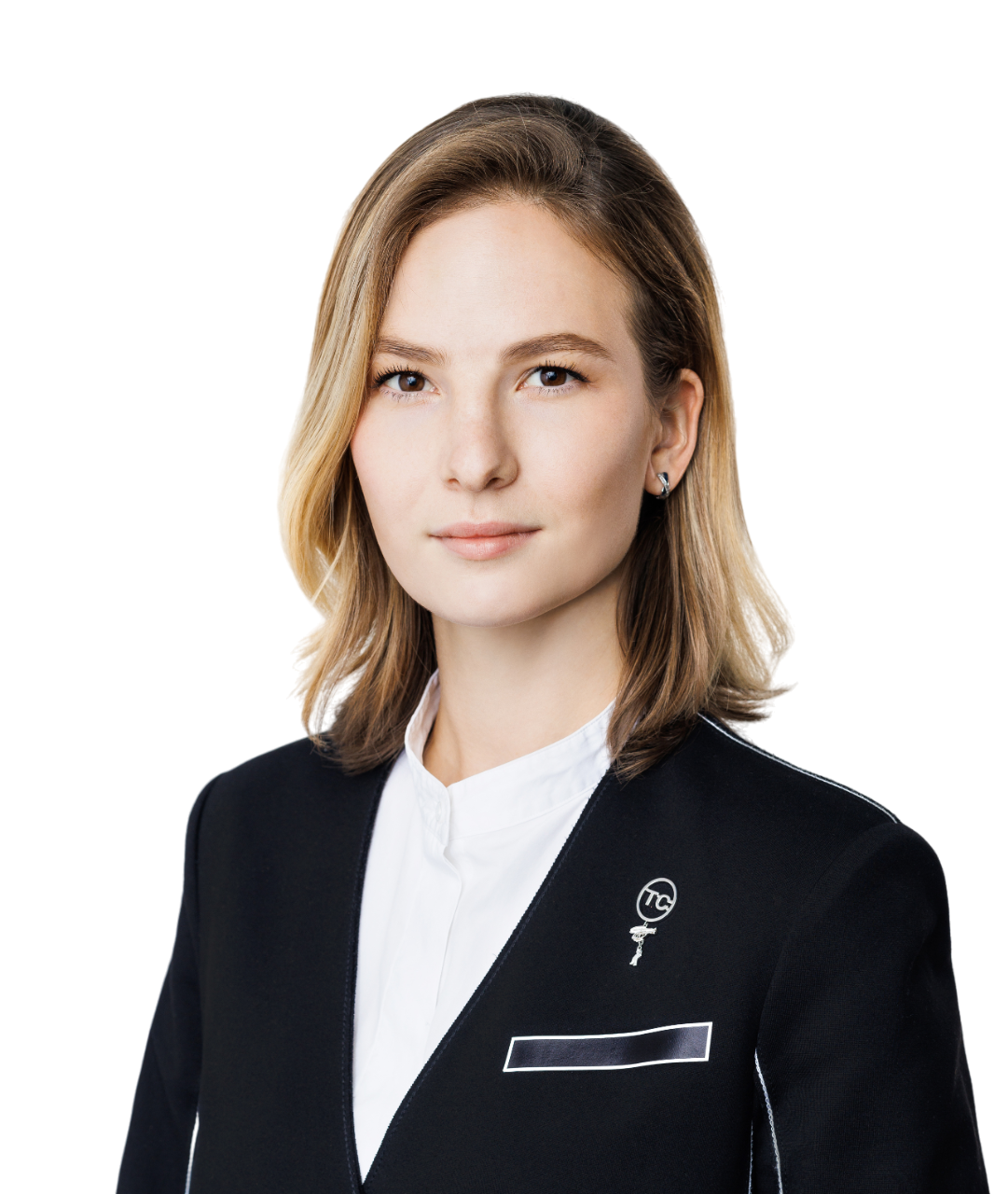In 2025, the Russian Prosecutor General's Office stepped up its fight against violations of counter-sanctions restrictions by initiating a number of high-profile cases against companies suspected of illegally transferring capital abroad.
In 2025, the Russian Prosecutor General's Office stepped up its fight against violations of counter-sanctions restrictions by initiating a number of high-profile cases against companies suspected of illegally transferring capital abroad. Glavprodukt, a canned food producer, and Raven Russia, a British company that owns warehouses in Russia, have been in the spotlight. Both cases share a similar mechanism for circumventing restrictions – splitting payments to foreign recipients in order to formally comply with the 10 million rubles per month limit.
Glavproduct case: withdrawal of 1.3 billion rubles under the guise of dividends
On March 5, 2025, the Prosecutor General's Office filed a lawsuit together with an application for interim measures against Universal Beverage Company, Universal Company 2000 Inc and shareholder Leonid Smirnov. On March 10, 2025, the court partially satisfied the request and seized the property due to suspicions of illegal withdrawal of 1.3 billion rubles from Russia. According to the investigation, from 2022 to 2024, the company transferred money abroad, disguising the payments as profit distribution. To avoid blocking transactions, payments were artificially split into amounts of less than 10 million rubles and sent to accounts at JPMorgan Chase without being credited to special accounts of type «C», which violates the presidential decrees on counter-sanctions.
On May 12, 2025, a determination was made to consider the case in a closed court session, which is scheduled for July 11, 2025.
In the fall of 2024, Glavproduct's assets were placed under the temporary management of Rosimushchestvo, which caused resistance from shareholders.
The Prosecutor General's Office insists that the withdrawal of funds abroad makes it impossible to return them, and demands that the assets be seized in favor of the state. A change of ownership of the group's companies has already begun: some shares have been transferred to Rosimushchestvo.
Raven Russia: a scheme with loans and dividends for 6.1 billion rubles
In parallel, the case of British Raven Russia, one of the largest warehouse real estate operators in the Russian Federation, is being considered. On March 31, 2025, the Prosecutor General's Office filed a lawsuit demanding to invalidate transactions involving the transfer of 6.1 billion rubles abroad, including almost 1 billion deposited in foreign bank accounts. As in the case of Glavprodukt, the payments were split into 10 million ruble installments and were actually made in circumvention of the established restrictions.
The court hearing in this case is scheduled for July 15, 2025.
On April 4, 2025, a ruling was issued on the adoption of interim measures, but soon the defendant in the case filed a motion to cancel the interim measures, which was granted by the court, and the seizure of all personal property of Igor Mikhailovich Bogorodov and Yaroslav Ilyich Shuvalov was lifted. The reason for this was the fact that the recovery is supposed to be at the expense of the property of the participating companies.
Implications for business
Both cases reflect a tightening of the authorities' policy on the withdrawal of funds abroad. Since 2022, the Central Bank and the Ministry of Finance have introduced a number of restrictions, including the obligation to deposit foreign currency proceeds into special accounts and limits on transfers. However, companies continue to look for various ways to circumvent them, including using payment splitting schemes.
The outcome of these cases may set a precedent for similar potential lawsuits against other companies. Owners of foreign assets in Russia face the risk of losing control over their business, especially if the withdrawal of funds is recognized as illegal. At the same time, the government has demonstrated its willingness to use measures to protect economic sovereignty.
Popular
- 16.05.2025
- 15.05.2025
- 12.05.2025
- 06.05.2025
- 30.04.2025


